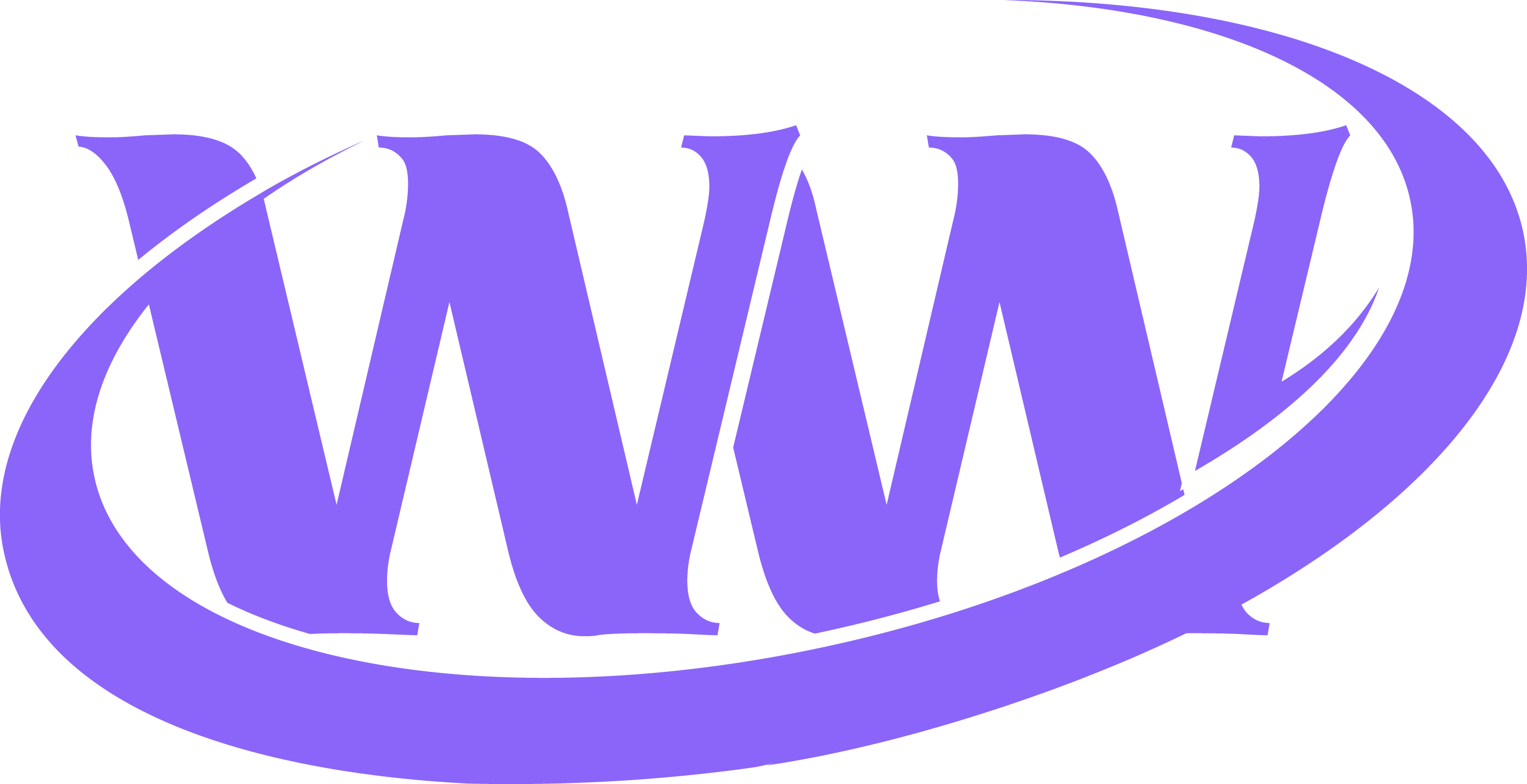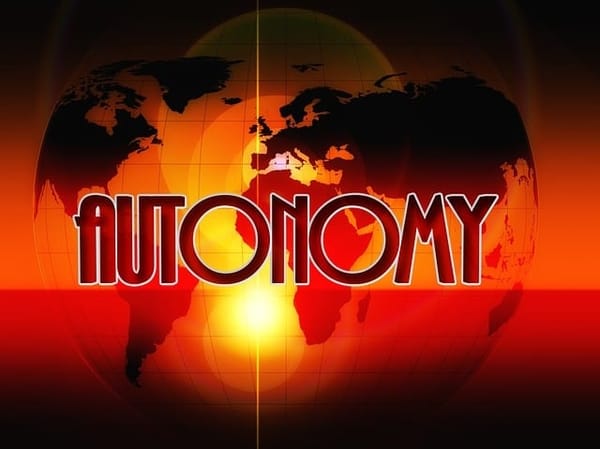Key Takeaways:
- The Interagency Working Group on Artificial Intelligence (IAWG) plays a pivotal role in coordinating AI efforts across various sectors, ensuring sustainable development and ethical governance.
- AI technologies are crucial in addressing global challenges, from climate change to sustainable agriculture, by leveraging data and innovative tools.
- Collaboration among UN agencies, governments, and the private sector is essential for the responsible adoption and implementation of AI solutions.
Introduction to the Interagency Working Group on AI
The Interagency Working Group on Artificial Intelligence (IAWG) is a beacon of collaboration, bringing together diverse stakeholders to harness the potential of AI technologies. The IAWG was established in 2021 to provide a formal and authoritative platform for AI governance and ethical standards. It was launched as a collaborative initiative among leading agencies to align efforts and resources. This group is not just a collection of experts but a dynamic network that aims to align AI initiatives with the United Nations Sustainable Development Goals (SDGs). By fostering a cooperative environment, the IAWG ensures that AI tools are used responsibly and effectively across various sectors.
The IAWG’s mission is to create a comprehensive framework that guides the development and implementation of AI technologies. This framework is designed to address the challenges posed by AI, such as ethical considerations and data privacy, while also promoting innovation and progress. By working closely with international organizations, governments, and the private sector, the IAWG aims to establish international standards for AI governance. The launch of the IAWG marks a new era of digital cooperation and global AI governance.
The Role of AI in Sustainable Development
Artificial intelligence is a powerful ally in the quest for sustainable development. AI technologies can analyze vast amounts of data, providing insights that drive actionable strategies for achieving the UN Sustainable Development Goals. In addition, AI technologies can boost economies and foster sustainable development across countries by supporting economic growth, transformation, and resilience. From predicting climate change patterns to optimizing land use, AI tools are indispensable in crafting solutions for global challenges.
AI’s potential in sustainable development is vast, particularly in areas like agriculture and climate action. For instance, AI can help detect crop diseases early, allowing for timely interventions that prevent widespread agricultural losses. Similarly, AI-driven earth observation data can monitor environmental changes, enabling governments and organizations to respond proactively to climate-related threats.
Collaboration Across the UN System
The UN system is a tapestry of expertise, with each agency contributing unique insights to the AI conversation. The IAWG serves as a bridge, connecting these agencies to ensure a unified approach to AI governance. Collaborative efforts within the UN system are carefully organized to maximize impact, allowing the IAWG to leverage the collective knowledge of the UN and develop policies and practices that reflect the diverse needs and priorities of its member states.
Collaboration within the UN system is crucial for the successful implementation of AI initiatives. By working together, agencies can pool resources and share best practices, accelerating progress towards the SDGs. This collaborative spirit extends beyond the UN, as the IAWG also engages with civil society, the private sector, and academia to foster a holistic approach to AI governance. The IAWG works closely with partners—including governments, civil society, academia, and private sector entities—to implement AI solutions and promote responsible AI governance.
AI Governance and Ethical Considerations
Governance is at the heart of the IAWG's efforts, ensuring that AI technologies are developed and deployed responsibly. The group emphasizes the importance of ethical considerations, advocating for AI systems that respect human rights and promote social good. By establishing clear guidelines and standards, the IAWG aims to prevent the misuse of AI technologies.
Ethical AI governance requires a delicate balance between innovation and regulation. The IAWG works to create policies that encourage technological advancement while safeguarding against potential risks. This involves engaging with stakeholders from various sectors to understand their concerns and priorities, ensuring that AI solutions are both effective and equitable.
The Private Sector's Role in AI Development
The private sector is a key player in the development and deployment of AI technologies. Companies are at the forefront of innovation, creating cutting-edge tools that have the potential to transform industries. The IAWG recognizes the importance of engaging with the private sector to ensure that AI solutions are aligned with global development goals.
Partnerships between the IAWG and private companies can drive progress by combining resources and expertise. By working together, they can develop AI tools that address pressing challenges, such as climate change and sustainable agriculture. These collaborations also provide opportunities for the private sector to contribute to the global digital compact, promoting responsible AI adoption.
AI in Agriculture and Climate Action
AI technologies are revolutionizing agriculture, offering new ways to increase productivity and sustainability. By analyzing data from various sources, AI can identify patterns and trends that inform decision-making. Agriculture organizations, such as the FAO, are collaborating to develop international standards for AI and IoT in farming, ensuring these technologies are used effectively and responsibly. AI technologies with advanced vision capabilities, such as computer vision and image recognition, are now used to detect crop diseases and monitor agricultural fields. This is particularly valuable in detecting crop diseases and optimizing land use, helping farmers maximize yields while minimizing environmental impact.
In the realm of climate action, AI plays a vital role in monitoring and mitigating the effects of climate change. Earth observation data, powered by AI, provides real-time insights into environmental changes, enabling timely interventions. These technologies are essential for developing strategies that address climate-related challenges, from managing accumulated waste to reducing carbon emissions.
The Importance of International Standards
Establishing international standards for AI governance is a priority for the IAWG. These standards provide a framework for the responsible development and deployment of AI technologies, ensuring consistency and accountability across borders. By aligning with international norms, the IAWG promotes a cohesive approach to AI governance.
International standards also facilitate collaboration among countries, enabling them to share knowledge and resources. This is particularly important in addressing global challenges, such as climate change and sustainable development. By working together, countries can leverage AI technologies to accelerate progress towards the SDGs.
Training and Capacity Building
Building capacity is essential for the successful implementation of AI initiatives. The IAWG focuses on training and education, equipping stakeholders with the skills and knowledge needed to harness AI technologies effectively. This includes providing guidance on best practices and methodologies, ensuring that AI solutions are both innovative and ethical.
Training programs are tailored to the needs of different sectors, from government agencies to private companies. By offering targeted support, the IAWG helps stakeholders develop the capabilities required to implement AI solutions that drive sustainable development. This investment in human capital is crucial for fostering a culture of innovation and collaboration.
The Role of the International Telecommunication Union
The International Telecommunication Union (ITU) is a key partner in the IAWG's efforts to promote AI governance. As a specialized agency of the UN, the ITU provides expertise in information and communication technologies, supporting the development of AI solutions that are both effective and secure.
The ITU's involvement in the IAWG highlights the importance of communication technologies in AI governance. By leveraging the ITU's resources and expertise, the IAWG can develop policies and practices that ensure the responsible use of AI technologies. This collaboration also facilitates the exchange of knowledge and best practices, promoting a global approach to AI governance.
AI and Human Rights
Respecting human rights is a cornerstone of the IAWG's approach to AI governance. The group emphasizes the importance of developing AI systems that uphold human dignity and promote social justice. This involves creating policies that protect individuals' rights and prevent discrimination, ensuring that AI technologies are used for the greater good.
The IAWG works closely with human rights organizations to develop guidelines and standards that reflect these values. By engaging with stakeholders from various sectors, the group ensures that AI solutions are both ethical and effective. This commitment to human rights is essential for building trust and confidence in AI technologies.
AI in the Context of the Global Digital Compact
The global digital compact is a framework for promoting responsible digital development, and AI technologies are a key component of this initiative. The IAWG plays a crucial role in aligning AI efforts with the goals of the global digital compact, ensuring that AI solutions are both innovative and sustainable.
By collaborating with stakeholders from various sectors, the IAWG can develop AI tools that address global challenges, from climate change to sustainable development. This involves creating policies and practices that promote the responsible use of AI technologies, ensuring that they contribute to the global digital compact's objectives.
The Role of Accelerator Labs
Accelerator Labs are innovation hubs that drive progress in AI development. These labs provide a platform for experimentation and collaboration, enabling stakeholders to test new ideas and technologies. The IAWG supports the establishment of Accelerator Labs, recognizing their potential to accelerate progress towards the SDGs.
By fostering a culture of innovation, Accelerator Labs can develop AI solutions that address pressing challenges, from climate change to sustainable agriculture. These labs also provide opportunities for collaboration, bringing together stakeholders from various sectors to share knowledge and resources. This collaborative approach is essential for driving progress in AI development.
AI and the Future of Work
AI technologies are transforming the world of work, offering new opportunities and challenges. The IAWG recognizes the importance of preparing for this shift, ensuring that workers have the skills and knowledge needed to thrive in an AI-driven economy. This involves providing training and support to help workers adapt to new technologies.
The future of work is not just about technology but also about people. The IAWG emphasizes the importance of creating policies that promote social inclusion and protect workers' rights. By engaging with stakeholders from various sectors, the group ensures that AI solutions are both effective and equitable, promoting a future of work that benefits everyone.
AI and Climate Change Mitigation
AI technologies are essential for mitigating the effects of climate change. By analyzing data from various sources, AI can provide insights that inform decision-making and drive action. This is particularly valuable in developing strategies that address climate-related challenges, from managing accumulated waste to reducing carbon emissions.
The IAWG plays a crucial role in promoting the use of AI technologies for climate change mitigation. By collaborating with stakeholders from various sectors, the group can develop policies and practices that ensure the responsible use of AI solutions. This involves creating guidelines and standards that promote innovation while safeguarding against potential risks.
AI and Sustainable Agriculture
Sustainable agriculture is a key focus of the IAWG's efforts to promote AI governance. By leveraging AI technologies, farmers can optimize land use and increase productivity, contributing to food security and environmental sustainability. This involves using AI tools to analyze data and identify patterns that inform decision-making.
The IAWG works closely with stakeholders from the agriculture sector to develop AI solutions that address pressing challenges, such as crop diseases and climate change. By providing guidance and support, the group ensures that AI technologies are used effectively and responsibly, promoting sustainable agriculture practices that benefit both people and the planet.
AI Repository and Knowledge Sharing
The AI Repository stands as a cornerstone initiative of the Interagency Working Group on Artificial Intelligence (IAWG-AI), designed to foster collaboration and accelerate progress toward the UN Sustainable Development Goals. Co-led by the International Telecommunication Union (ITU) and UNESCO, this platform brings together the collective UN system expertise to support countries in utilizing AI technologies for sustainable development.
By providing access to a diverse array of AI tools, resources, and best practices, the AI Repository empowers stakeholders to address pressing challenges such as climate action, sustainable agriculture, and the reduction of accumulated waste. The repository serves as a dynamic knowledge-sharing hub, enabling countries and organizations to tap into the latest advancements in artificial intelligence and benefit from the experiences of others within the UN system.
Through this initiative, the working group on AI aims to promote responsible and ethical AI governance by making system expertise widely accessible. The AI Repository not only supports the development and adoption of innovative AI technologies but also encourages the exchange of actionable strategies and methods that align with international standards. By facilitating collaboration among governments, civil society, and the private sector, the repository helps ensure that AI is harnessed as a tool for positive change and sustainable development worldwide.
Next Steps for the Working Group
Looking ahead, the Interagency Working Group on Artificial Intelligence (IAWG-AI) is committed to advancing a comprehensive framework for AI governance that will guide the ethical and responsible use of AI technologies across the globe. The working group will prioritize the development of clear guidance and actionable strategies to help countries navigate the challenges of AI adoption, ensuring that these technologies are implemented in ways that support sustainable development.
A key focus will be on establishing robust partnerships with civil society, the private sector, and international organizations. By building a diverse network of stakeholders, the working group on AI aims to foster a global community dedicated to the responsible development and deployment of AI. These collaborations will be instrumental in promoting the adoption of international standards and best practices, ensuring that AI governance remains inclusive and effective.
In addition, the IAWG-AI will expand its training and capacity-building programs, equipping countries with the skills and capabilities needed to leverage AI for development. By providing targeted support and resources, the working group will help communities and governments build the foundation for ethical AI adoption and innovation. Through these efforts, the IAWG-AI aspires to create a future where AI technologies are used responsibly, benefit all of humanity, and accelerate progress toward the Sustainable Development Goals.

Summary
The Interagency Working Group on Artificial Intelligence is a vital force in coordinating AI efforts across various sectors. By fostering collaboration among UN agencies, governments, and the private sector, the IAWG ensures that AI technologies are developed and deployed responsibly. This collaborative approach is essential for addressing global challenges, from climate change to sustainable development, and for promoting ethical AI governance.
Your Friend,
Wade

Q1: What is the main goal of the Interagency Working Group on AI?
A1: The main goal of the IAWG is to coordinate AI efforts across various sectors, ensuring that AI technologies are developed and deployed responsibly. This involves fostering collaboration among UN agencies, governments, and the private sector to address global challenges and promote ethical AI governance.
Q2: How does AI contribute to sustainable development?
A2: AI technologies contribute to sustainable development by providing insights that drive actionable strategies for achieving the UN Sustainable Development Goals. This includes optimizing land use, detecting crop diseases, and monitoring environmental changes, all of which are essential for addressing global challenges like climate change and food security.
Q3: What role does the private sector play in AI development?
A3: The private sector plays a crucial role in AI development by creating innovative tools and technologies that have the potential to transform industries. Partnerships between the IAWG and private companies can drive progress by combining resources and expertise, ensuring that AI solutions are aligned with global development goals.









